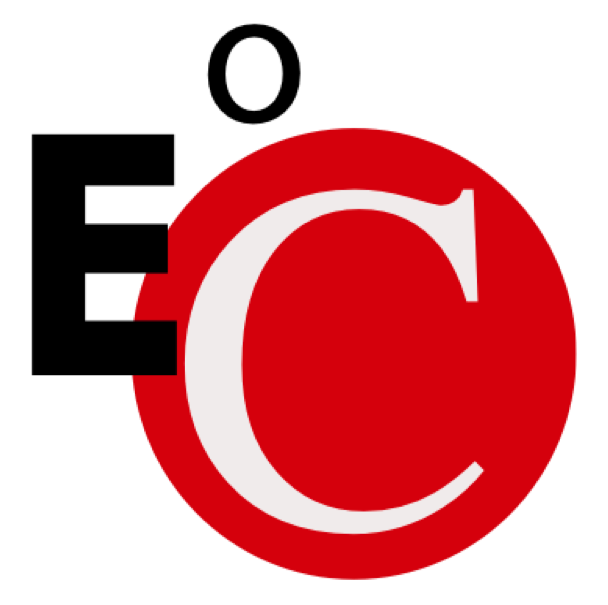9 Things Employees Need Right NOW
by Jim Funk
Note: This article was taken from part of the presentation during the Dare to Care Webinar held on April 28, 2020, entitled “Small Business and the Pandemic.” This event was sponsored by New City Press, Living City Magazine, and EoC North American Association. The full hour of the event can be viewed on YouTube here.

Many of us think of our jobs as more than just a way of earning a living. We seek meaning in what we do, and most of us really want to do a good job. We value things like our relationships with co-workers, and in some roles we have strong relationships with customers, suppliers, partners, and (usually) our boss. But much has changed in the last few months during the current COVID-19 pandemic. For many employees, jobs and income are not as secure as they once were, and there is uncertainty about the future.
Will my company bounce back? Will my job change? Will I have job security again?
There is a lot of fear in both the known, and the unknown. Employees are missing a lot of the things that are meaningful to them, and they have different needs during this time.
I recently interviewed a young couple, Grant and Kathleen, to hear from them firsthand what they are experiencing and what they need during this time. Grant is an essential worker, and he’s at his office five days a week because some of the staff needs to be on site. Kathleen is a teacher working from home using online learning systems.
Although we find ourselves in a variety of new working arrangements during the pandemic, we all need many of the same fundamental things. As leaders, it’s helpful to keep this in mind as we help our team members navigate this difficult time.
Here are the top things Grant said he needs from his employer, and how they are meeting his needs:
1) To know that his employer has a plan for this kind of situation, what the protocols are, what he can expect, and what is expected of him. With good foresight, this company did in fact have a strong plan for sustainability and work continuity in a crisis such as this.
2) To know that his employer cares about his well-being and is providing him with protective measures. They moved the employees’ work spaces to create social distance. If someone reported feeling ill at all, they sent everyone home, closed the office for two days, and had a contractor come in and do deep cleaning. They also added ways to go through office doors and open bathroom doors without touching them.
3) To stay informed about the state of the company through the pandemic and how the business is doing, to have some sense of ongoing job security. This company provided regular information on their status, what was happening in their market, and encouraging words from their CEO daily.
4) To allow flexibility for personal responsibilities. Employees need to be able to take care of sick relatives, help kids with schoolwork, and take care of household responsibilities. Again this employer has been very flexible with employees, whether working from home or at the office, and set clear guidelines for them.
5) To know he is appreciated, especially during this time, for being adaptable and as available as possible to work under these new conditions. Grant’s company already has a good recognition program, but they have added some fun games such as “show and tell” where you are, and “karaoke sing along” videos just to lighten the work day a little.
Here are the top things Kathleen said she needs from her employer, and how they are meeting her needs:
1) To have good instruction and clarity on what was expected in working from home. The principal provided all the teachers with guidelines and protocols for on-line learning and schedules.
2) To have the equipment and software needed to do her job. When her laptop gave out, for example, the school provided her with another one immediately.
3) To maintain a sense of community and connection from afar. Kathleen has regular teacher zoom sessions, as well as google classroom sessions with the students so they can all stay connected to each other.
4) To reduce anxiety by proactively incorporating fun and humor into the daily routine. They had a “crazy hair day” where staff members and students were able to add some laughter to their regular video chats.
These lists are a great starting point for leaders to assess how well they are serving their teams. But it doesn’t stop here. Leaders should regularly ask employees what they need, whether they are working from home or on site. And all of the best practices for managing team members are even more important now, such as frequent and transparent communication, and having empathy.
This kind of holistic, person-centered and inspired leadership builds company unity, employee loyalty, and takes care of what we value most: our people.
Jim Funk is a consultant who helps leaders, teams and organizations discover and develop their full potential. He currently serves as the Chairman of the Consulus Global Network, an international consultancy, and President of his consulting firm J L Funk & Associates. Jim is passionate in believing that strong leadership competence combined with the leader’s personal characteristics, values and virtues are key to achieving goals and driving business results. Jim has served on various boards and commissions, and is currently a member of the Economy of Communion in North America Commission.
